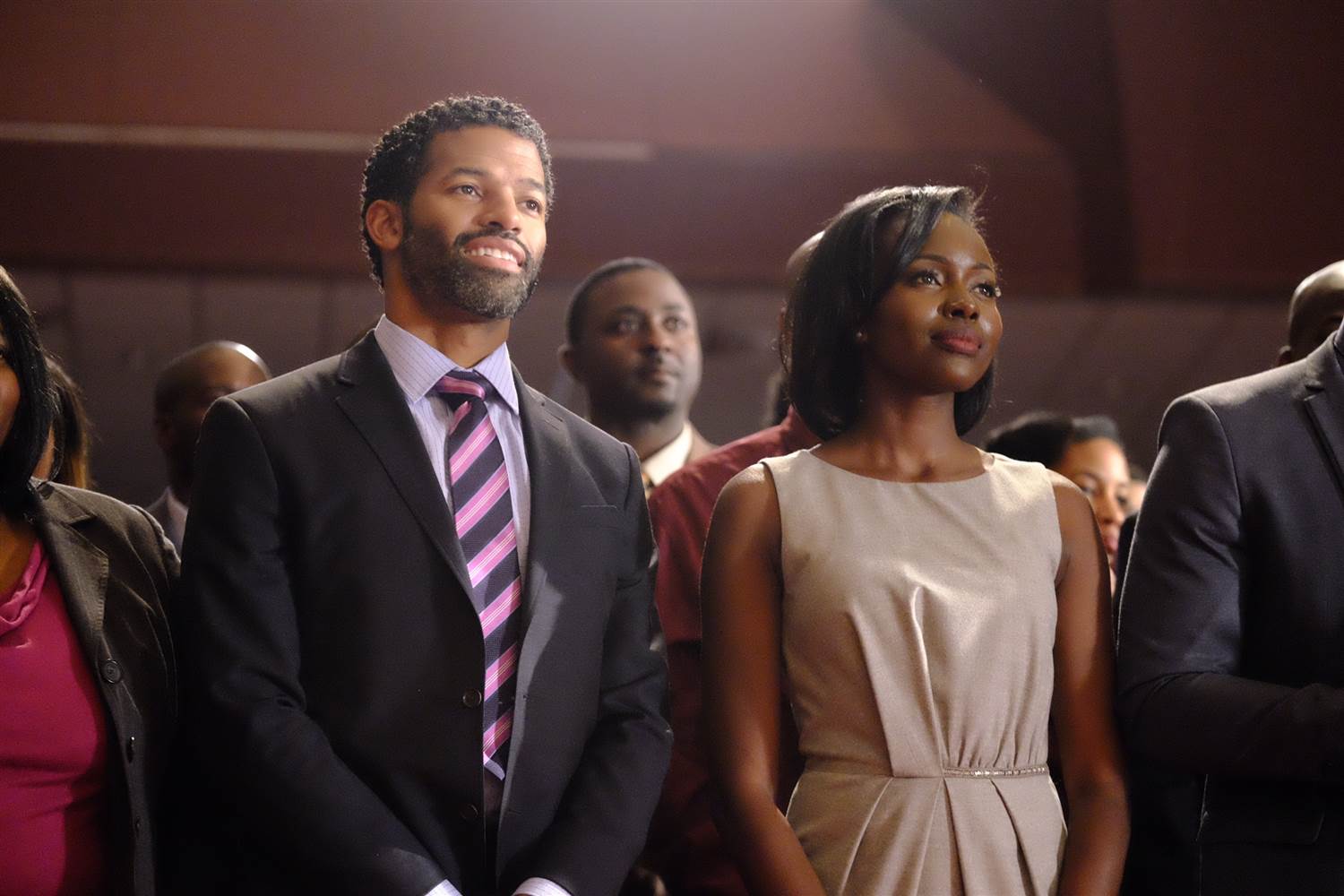“Greenleaf” is one of those shows that a person finds themselves completely obsessed with in a short period of time. It’s just that entertaining. No, it’s not about nature or chlorophyll. The show’s main premise is based on experiences that many would like to deny being a reality in the religious world. Nonetheless, it goes to show that scandal can happen in any house, even the Lord’s.
If your childhood was anything like mine, Sunday mornings meant one thing and one thing only: heading to church. Time to unenthusiastically slip on your white church socks with the little frills on the ankles, don your cutest church dress (never above knee length) and mentally prepare yourself for the longest three hours of your week. But hey, at least lunch is good afterwards.
While going to church growing up was not an altogether unpleasant experience for me, there are certain aspects of the church that I think deserve criticism. Not everyone that stands on that pulpit is as saintly as they like to come across, and “Greenleaf” is a show that depicts this with just the perfect helping of soapy TV drama, all without feeling cheesy.
The series follows a typical megachurch and the Greenleaf family, who are the heads of the church. The father, Pastor Greenleaf, does most of the preaching, with his only son, Jacob, itching to impress him. There’s also the youngest child Charity, who leads praise and worship most Sundays.
But the Greenleaf child given the most attention by both her parents and the show would be the eldest, Grace. “Greenleaf” begins with Grace re-entering the family after the death of her other sister, Faith, having alienated herself from them for many years.
Over the course of the series, Grace’s reasons for leaving are revealed, and the audience gets their first taste of the intense familial drama to follow. An upstanding member of the church and Greenleaf family is suspected of molesting more than one woman, and Grace makes it her mission to see said person held accountable.
This is one of my favorite aspects of “Greenleaf:” how it points out real-life issues and hypocrisies in the church, especially megachurches which pretend to have everything right with God. Sadly, there are too many people in churches today involved in shady dealings with no desire to change their sinful ways, despite encouraging their congregations to do so.
Pastor Greenleaf and his wife are very good examples of this brand of “church hypocrisy.” Both of them put on the appearance of being the ideal couple, but behind closed doors, there’s a lot that they both need to work on. For example, later on in the show, it is revealed that Pastor Greenleaf had an affair many years before. This leads to a falling out between he and his spouse, and although her anger towards him is justifiable, she fails to take responsibility for her own adultery, as she had had an affair years before as well.
“Greenleaf” also tackles the issue of homophobia in the church very realistically. Once again, some of the characters demonstrate their hypocrisy by condemning a gay man for what they believe to be sinful (his sexual preference) without looking in the mirror and examining the multitude of ways in which they themselves are sinners. After all, the Bible itself says “Let he who is without sin cast the first stone.”
Still, not all the characters on “Greenleaf” are without merit. Grace, Jacob and Charity all have moments to positively shine, despite the struggles that they encounter in their personal lives. And unlike their parents, each of the Greenleaf offsprings acknowledge their failures and try to be better.
They are also more sympathetic to viewers than their parents. Jacob’s constant desire to make his father proud is one that has been felt by many others, and watching his repeated attempts and his eventual coming into his own really make him a character to root for. Grace’s quest for justice likewise builds the audience’s regard for her.
Church kids can also see themselves in two of the Greenleaf grandchildren: Grace’s daughter, Sophia, and Jacob’s daughter, Zora. When the two teens first meet, it doesn’t take them long to become as close as sisters, even though each of them represents a different type of church kid.
Zora is the rebellious one, the one who’s only in church because her parents want her to be. Sophia is the exact opposite. In the beginning, she gives the whole church scene a bit of a cold attitude, but eventually, she finds that she loves it just as much as the rest of her family does, and she becomes an upstanding and involved young lady of the church.
I was more of a Zora myself, though not nearly as rebellious and cool, as much as I wished to be. But I knew more than a few Sophias and even found myself jealous of them at times. I longed to be that passionate about something at such a young age, even if it was “just church.” Somehow, this passion seemed to give them a desirable self-assurance.
Despite all its dabbling with serious topics related to religious institutions and their leaders, “Greenleaf” is at its core a melodramatic soap, and I love that about it. All the church related material simply gives the show a unique and refreshing angle. To my knowledge, there aren’t any other scripted shows out there about church. Why didn’t someone think of this sooner?
With a plot full of twists and turns, a gospel soundtrack to awaken your inner minister, and a talented cast led by veteran actors Keith David and Lynn Whitfield, “Greenleaf” is one of my favorite television dramas right now. Season 3 just premiered on OWN, so be sure to catch up on the first two seasons on Netflix.

















